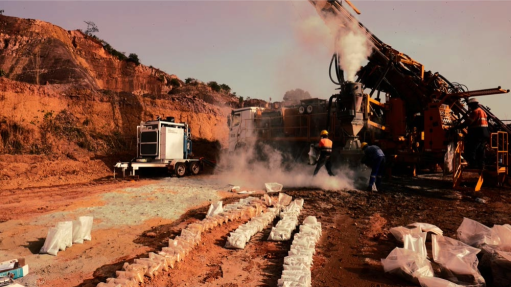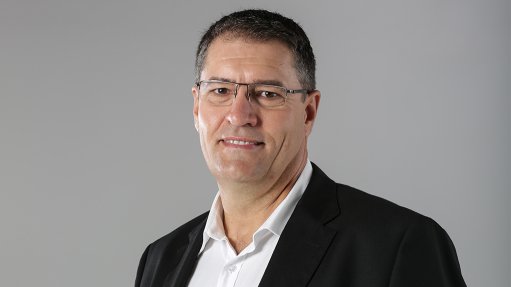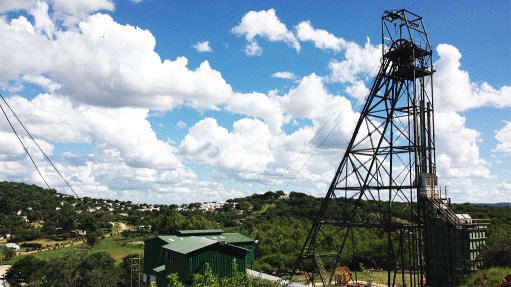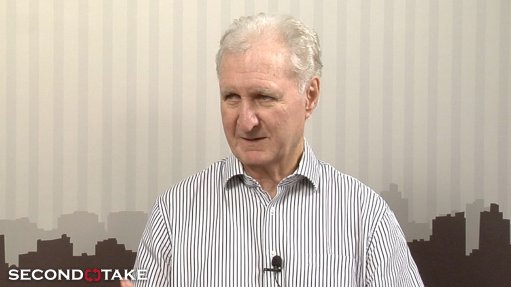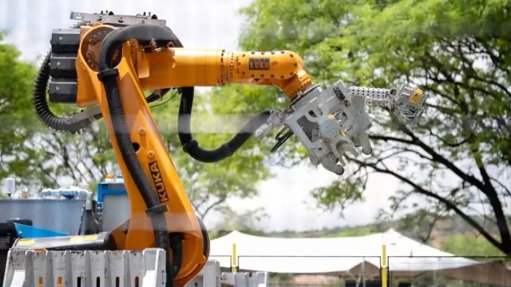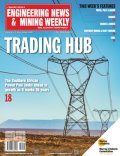Push to increase component volumes gains impetus – NAACAM


BETH DEALTRY We need to double our production volumes and get to producing 1.4 million vehicles by 2035
The National Association of Automotive Component and Allied Manufacturers (NAACAM) says the local production of automotive components must increase to foster sustainable economic growth. While the association laments the sizable energy and logistics challenges, it takes comfort in the strategic directive espoused in the South African Automotive Industry Masterplan 2035 (SAAIM), which aims to increase the local content of automotive component production from 39% to 60%.
“From a component manufacturing sector perspective, SAAIM has established growth imperatives in its aim to become 1% of global vehicle production output. We need to double our production volumes and get to producing 1.4-million vehicles by 2035. If we grow in production from just over 600 000 units a year to 1.4-million units a year, that is a sizeable increase for the sector and will necessarily bolster component supply chain production,” highlights NAACAM policy and regulatory affairs head Beth Dealtry.
She adds that the automotive component sector has been experiencing recent reductions in volumes and, in a sector that is effectively predicated on scale economies, bigger volumes are required for the sector to become more globally price competitive. The association stresses the importance of the Automotive Production Development Programme Phase 2 as a key policy programme that can effectively drive the automotive sector towards the Masterplan objectives.
Global Electric Vehicle Transition Adaptation
NAACAM has been working towards guiding its members’ investment considerations towards ensuring that they are best placed for innovative opportunities, especially owing to the advent of electric vehicles (EVs). The association also highlights the importance of having the right industry incentives in place to drive EV investments and catalyse the ability to localise EV components.
NAACAM has undertaken extensive research identifying and assessing high localisation potential components and has also conducted numerous consultations with the Department of Trade, Industry and Competition, and the National Treasury, in terms of the types of investment incentives that it would like to see implemented. In citing South Africa’s desire to become an attractive destination for EV component manufacturing, Dealtry says the association has always advocated for new energy vehicle (NEV) investment incentives, along with more generalised competitiveness reforms that would support both companies producing NEV components, as well as those still successfully producing internal combustion engine (ICE) components.
“While many South African companies are producing components to support domestic original-equipment manufacturers (OEMs), about one-third are producing components that are primarily exported to the EU and UK. Over half of the value of direct component exports are ICE-specific. Investment incentives, such as the recently announced Automative Investment Scheme 35% cash grant for qualifying NEV component investments, will support these companies’ pivot into producing NEV components and secure our export basket. For those that supply local OEMs, the key enabler of the NEV transition are commitments from OEMs to produce the vehicles and then the components sector will make the necessary investments to support, as is done with every new model launch,” she explains.
Skills Development
NAACAM also stresses the importance of recognising the existing skills gap between industry demand and the current curriculum taught at technical vocational education and training (TVET) colleges. In addressing this challenge, the association’s High Gear initiative aims to create a skills development ecosystem that is responsive to the needs of young people and employers in the automotive manufacturing sector.
The High Gear programme has been implemented at two TVET colleges and incorporates curricula reform as well as workplace exposure for both students and lecturers.
The association is also working with a large local member in facilitating the roll-out of an expansive development initiative that includes bursaries, skills development programmes and apprenticeships through the Manufacturing, Engineering and Related Services Education and Training Authority.
In reaffirming the economic argument for growing the automotive component sector, the association highlights the significant employment opportunities and value-addition which emanates out of the sector.
“Automotive is generally seen as the backbone of manufacturing in South Africa. If you take away the automotive sector, the entire manufacturing industry will be weaker and may likely see large-scale deindustrialisation,” concludes Dealtry.
Comments
Press Office
Announcements
What's On
Subscribe to improve your user experience...
Option 1 (equivalent of R125 a month):
Receive a weekly copy of Creamer Media's Engineering News & Mining Weekly magazine
(print copy for those in South Africa and e-magazine for those outside of South Africa)
Receive daily email newsletters
Access to full search results
Access archive of magazine back copies
Access to Projects in Progress
Access to ONE Research Report of your choice in PDF format
Option 2 (equivalent of R375 a month):
All benefits from Option 1
PLUS
Access to Creamer Media's Research Channel Africa for ALL Research Reports, in PDF format, on various industrial and mining sectors
including Electricity; Water; Energy Transition; Hydrogen; Roads, Rail and Ports; Coal; Gold; Platinum; Battery Metals; etc.
Already a subscriber?
Forgotten your password?
Receive weekly copy of Creamer Media's Engineering News & Mining Weekly magazine (print copy for those in South Africa and e-magazine for those outside of South Africa)
➕
Recieve daily email newsletters
➕
Access to full search results
➕
Access archive of magazine back copies
➕
Access to Projects in Progress
➕
Access to ONE Research Report of your choice in PDF format
RESEARCH CHANNEL AFRICA
R4500 (equivalent of R375 a month)
SUBSCRIBEAll benefits from Option 1
➕
Access to Creamer Media's Research Channel Africa for ALL Research Reports on various industrial and mining sectors, in PDF format, including on:
Electricity
➕
Water
➕
Energy Transition
➕
Hydrogen
➕
Roads, Rail and Ports
➕
Coal
➕
Gold
➕
Platinum
➕
Battery Metals
➕
etc.
Receive all benefits from Option 1 or Option 2 delivered to numerous people at your company
➕
Multiple User names and Passwords for simultaneous log-ins
➕
Intranet integration access to all in your organisation








